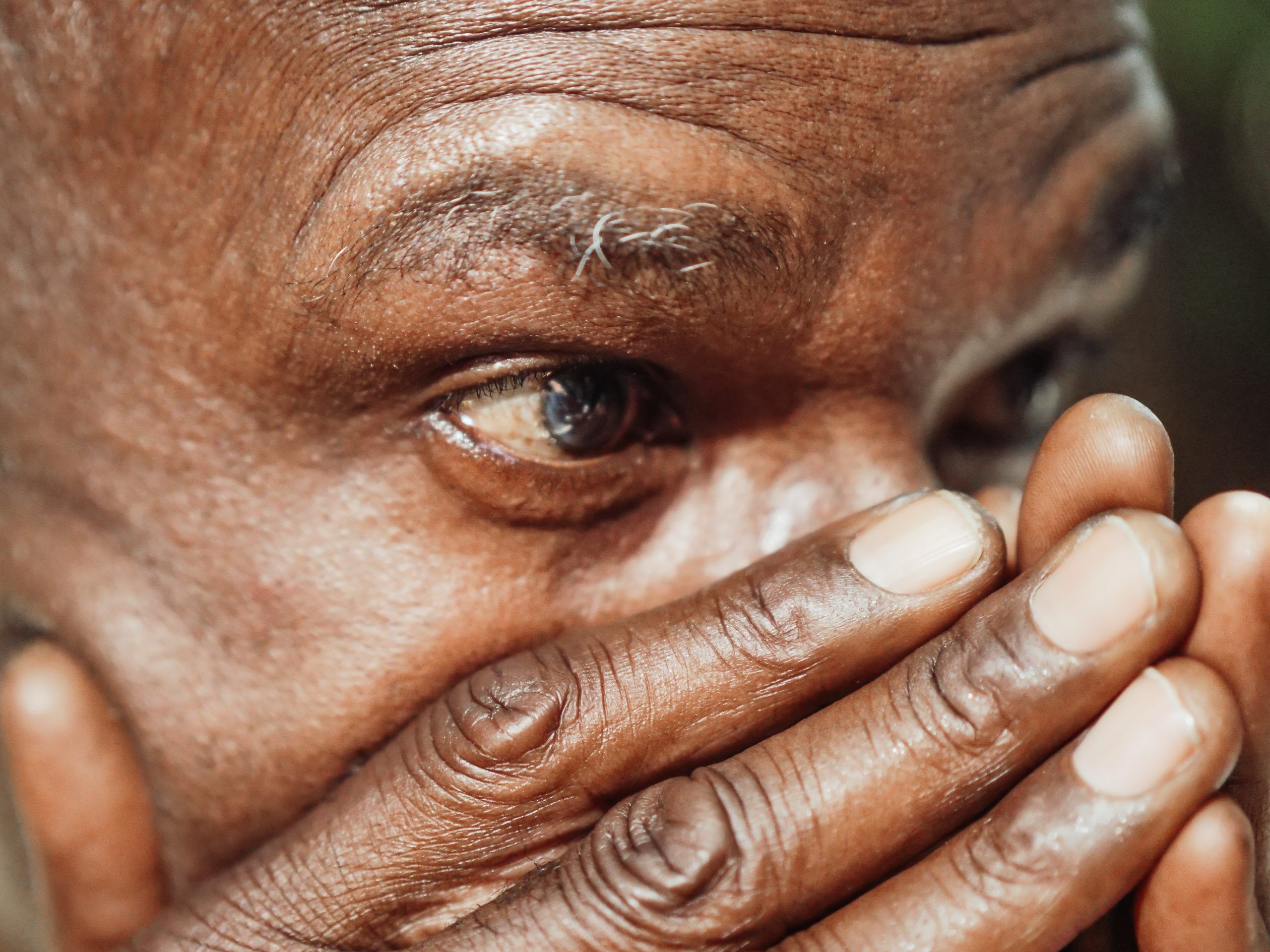Let’s Talk To Ofori: Part 2
David Bondze-Mbir (DBM): Mr. Ofori, thank you for agreeing to a second interview.
Ofori: My pleasure. I read some of the comment on Facebook. People want to hear more.
DBM: Yes please
Ofori: I’m ready
DBM: This question is from Anane Wisdom to your wife: Why did she marry a jobless former prison inmate? What did she see in you that no one else did? How did her family take her decision to marry you? And, how was the marriage ceremony?
Ofori: I need to ask my wife. I will type her response
DBM: Okay!
(15 minutes later)
Ofori: Ama had a fiancé the time they came for the prison outreach. After our encounter, she couldn’t stop herself from forgetting about me. She did not get back to me for a long time because she was in a relationship with George. Things ended between them after he got another woman pregnant. She says, though George was her taste, he was totally wrong for her. She considered dating me because she believed I fit into the normalcy of her life. She decided we would be friends, and a relationship was built from there. She married me because we had become good friends. She says I became her responsibility, and she had trust in me. We also found common ground during misunderstandings, and had come out with a deeper understanding of issues; we were empathetic towards each another, and had respect for our point of views. We were comfortable with each other because I was living in her house. I also realized I could be content with just Ama. And, because she was in love with me, and I in her, she wanted nothing more than to marry me. Her family were not in favor of her decision, but she was convinced I was hers to keep. We had a very simple wedding, and it was sponsored by my wife and her close friends.
DBM: From Benjamin Riverston: Where was your mother when you got released from prison? Was your mother checking up on you while in prison? What was the relationship between your father and mother while in prison? And, did your father ever forgive you?
Ofori: In our house, my father dominated their marriage. My mother didn’t have a say; she had to do everything my father wanted done. I did not see them making decisions together, she could not strike a balance even with how to raise us kids. My father didn’t want anything to do with me, and so my mother kept her physical distance in order not to upset my father. But she would send food and greetings through my wife to me in prison. Ama became friends with my mother in the process. I will describe the relationship between my parents as toxic. He abused my mother physically, emotionally, sexually and psychologically. My father did not forgive me till he died.
DBM: Kwadwo Twum wants to know the role your wife played in making you who you became after your release? And, how did society define you? How were you able to fit into society, and even find work?
Ofori: I craved for support during my encounter with Ama on their outreach program. When we became friends, and was visiting me in prison, I kept reminding her I would need help to make it out there after my release. Ama was that singular someone in my life who cared about me unconditionally, and was by my side, no matter what could go wrong. I had the ability to understand numbers and how they could influence a company; I had an eye for detail, and loved math. She knew I wanted the opportunity to go back to school, and she believed in my mind. She took bank loans to fund my education. I have two Masters degrees and was working in Finance prior to my retirement. I paid back all the monies she spent on me after I was gainfully employed. My wife ensured all my needs were met. She allowed me to make decisions concerning my life and interests, and she supported me through and through without a shadow of doubt. She believed I was capable of meeting my goals, and was my number one fan – always encouraging me to go after my dreams. I became the best version of myself.
My entire society was built around my wife. It was a conscious choice I made, and she built my confidence in believing in myself. Her presence in my life made me believe everything was going to work out, one way or the other. We also planned as early as possible for what I could do in order to have a successful life after prison.
DBM: From Fafah Gloria: How was your relationship with your parents after prison? And, do you have siblings? What was their reaction towards you?
Ofori: I only had a relationship with my mother, that was even after my father died years later. I have four other siblings from my mother’s side and three younger ones my dad had with other women. My siblings eventually came along.
DBM: Miriam Ronke would want to know whether or not you would advise any child to stand up for his or her abused parent?
Ofori: Unfortunately for me, beating up dad didn’t stop him from abusing my mother. And I ended up in prison. If you’re a witness to a parent being abused, find the nearest police station or domestic abuse service to report the abuser. Usually, abusers don’t listen to talks, so don’t try reasoning with them. Don’t ignore the issue thinking it’s up to your parents to figure out. Help them figure it out by getting the abuser arrested. It gives the victim room to decide what’s good for them.
DBM: Gyene W’ani wants to know whether or not Ama uses your past against you when there is a disagreement?
Ofori: Never. Trust is the foundation of our relationship, and she’s never had to protect herself from me because of my past record. She’s not the type who would use guilt as a weapon to control me; she’s not insensitive nor judgmental. Unlike my dad, Ama knows I’ve made mistakes and made amends the best way possible. I’ve been moving in the right direction since and I’d say, we’re happy together. She’s looked beyond the prison inmate.
DBM: The last question comes from me; you mentioned looking beyond the temptation to cheat on your wife in our first interview. How were you able to easily do that?
Ofori: It wasn’t an easy decision, Dave. I know the kind of life my father lived, and how his actions gravely affected my mother’s psychological wellbeing. My goal was to not satisfy several women with my affection and desires and expectations. My wife deserved my best, and so I chose Ama, to rather discover wholly and intentionally with my desire to satisfy all of her needs till death do us part. It’s a decision to choose to desire your wife over others, and I always chose Ama. She’s enough!
DBM: Thank you, Sir.
Ofori: You’re welcome. Hopefully, we covered all the questions?
DBM: Yes please, we have.
Image Credit: Kindel Media



